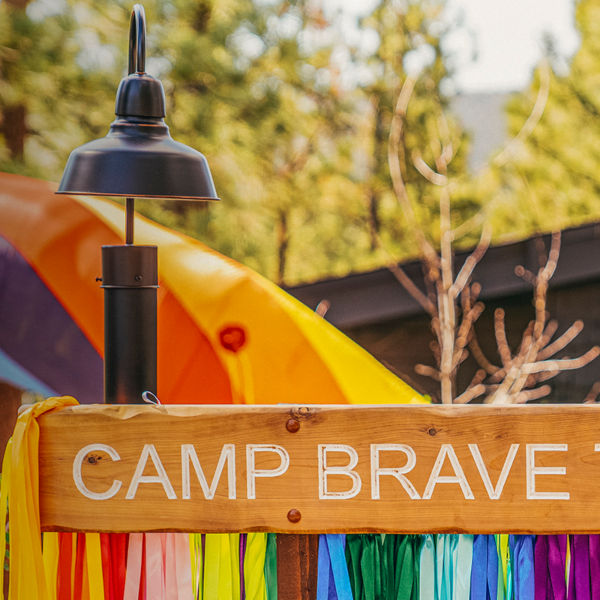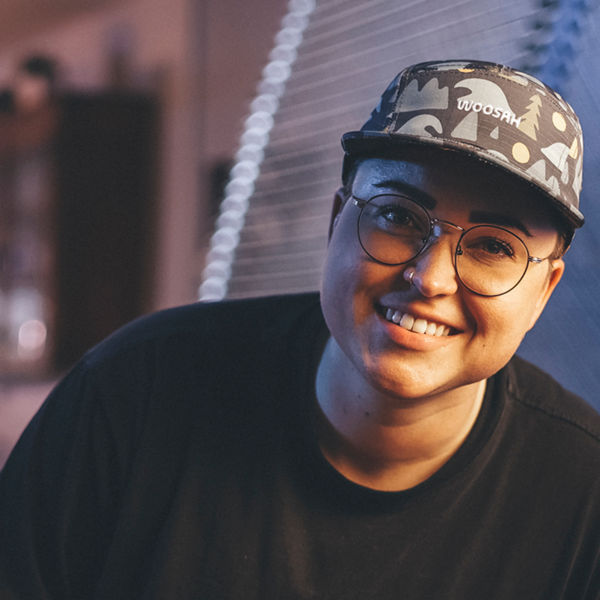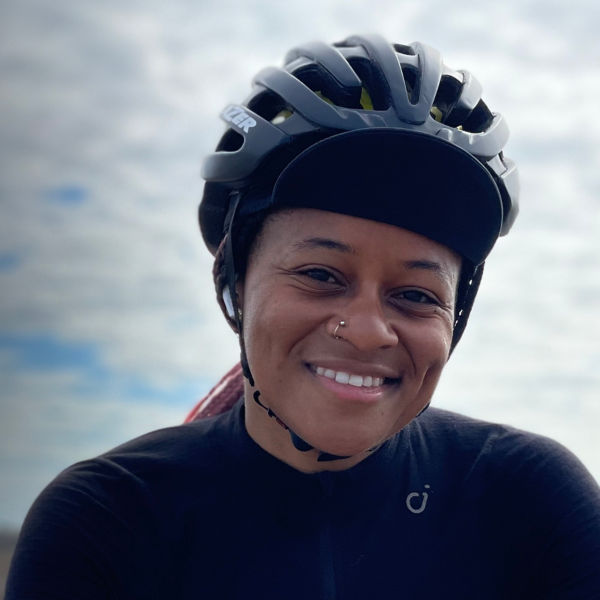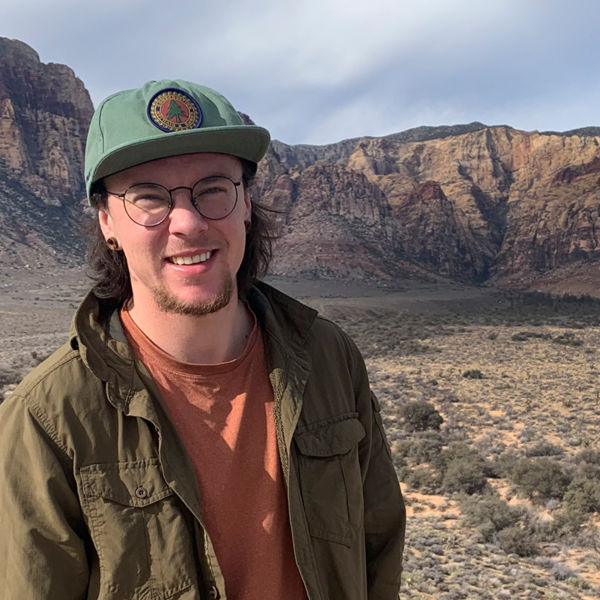PUBLIC LANDS: Was the outdoors a big part of your life growing up?
PERRY COHEN: I grew up in southwest New Hampshire, and the outdoors was always a part of my life. Hiking, swimming, skiing—I taught myself to mountain bike on the trails across the street from my parents’ house. I did a month-long sailing course in Down East Maine when I was 17. That was pretty foundational for me. I also became a backcountry skier and got into trail running.
How exactly did your Mount Monadnock hike lead to The Venture Out Project?
I went down the mountain, talked to my dad, quit my job, and thought, I’m going to work for queer Outward Bound or queer NOLS [National Outdoor Leadership School]. I started googling, and that didn’t exist, so I kind of panicked.
After a little while, I thought, I’ve run big parts of an organization. I had worked for Outward Bound in college. I could start a nonprofit and do this thing that doesn’t exist. Fortunately I didn’t know what it took, so I did. I just wanted to be able to bring more queer and trans folks outside. I wanted to build a community. It started with just me, then I hired one person. We did everything, from scouting trips to picking out gear to building our website.
Why are queer-specific outdoor opportunities so important?
When I did my Outward Bound [as a teen], I did it because all my friends were like, ‘I did this trip and I went someplace where no one knew me, and I got to make incredible friends and try on something.’ I thought, ‘Amazing, maybe this is where I finally get to try on being queer.’ But when I went to head over to the group, I saw it was split, girls on one side, boys on the other. At that point I was identifying as a girl. I was like, ‘I’d better go with the girls.’ I just felt crestfallen. This is like high school all over again, just in a boat.
Then I panicked: Don’t tell them I listen to the Indigo Girls, don’t tell them I play softball. I locked up. I’ve never not made friends before. I realized I was so terrified of being rejected I didn’t even try to connect with anyone on the trip. Twenty years later, I [realized] that trip was such a bust because I spent so much time trying to protect myself. The reason Venture Out needs to exist is that, in order to push yourself in any of these physical/emotional ways, you have to be in your comfort zone as a baseline.
How do you reach out to people beyond the ones who sign up for your overnight trips?
We take applications for volunteers knowing that they know their local queer communities and local trail systems. We bring them in, train them, and offer them support. We ask that they lead six events a year in their local communities.
And I kept having people call me and say, ‘When are you going to do an event in Ohio? In Kentucky?’ We realized, maybe we should go to them in a different way. We put together a road trip, and in 2018, we hit 18 cities in 20 days. This year we have two road trips, one in the Southeast and one in the Southwest. The goal is to hit every region of the country on a three-year cycle. All those are free.
What makes you proudest about your work?
The thing that I’m most proud of, in addition to offering all these trips for queer folks: We also employ queer and trans folks. [Employees have] said, ‘I thought I could be queer or professional. I never thought I could do both in one place.’ I’m really proud that people can show up as their authentic selves and do amazing, awesome work.
The other thing that’s important is we have worked really hard to identify and try to minimize as many barriers to access as possible. This year, every person who goes on an overnight trip will leave with a big-ticket item like a backpack or sleeping bag. We’re trying to work with our partners to address that. Ultimately, we’re hoping to make our trips free for participants.






